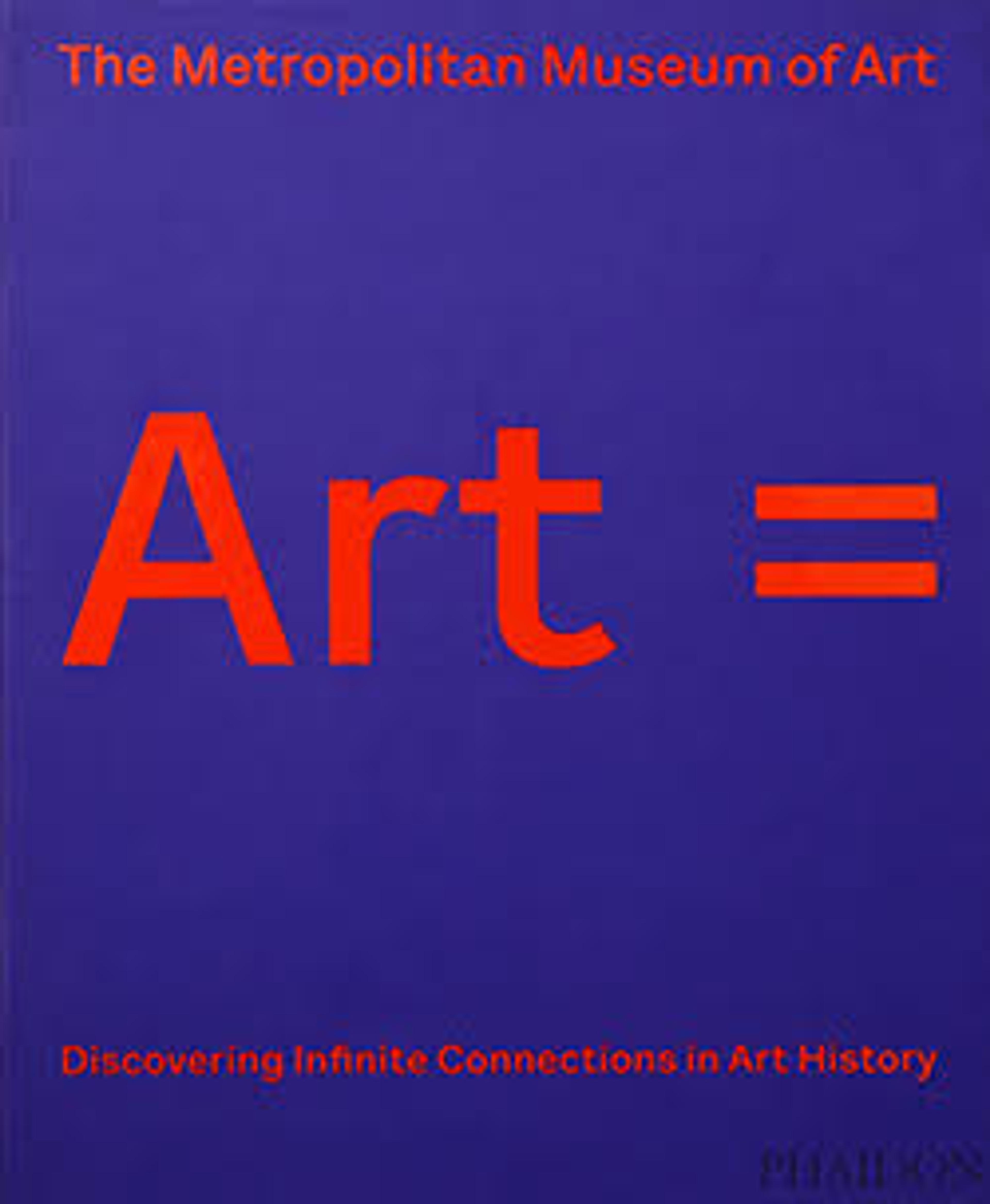English
Virgin and Child in Majesty
In medieval sculpture, individual body parts were often accentuated to convey meaning. Here, Mary’s oversized hands direct our attention to Jesus, enthroned upon his mother’s lap. This type of sculpture, much favored in the twelfth century, is known as a Throne of Wisdom (Sedes Sapientiae).
Appearing like a miniature adult, Jesus, as the Son of God, is Wisdom incarnate. He would have grasped a Bible, a further reference to the concept of divine wisdom that he embodies. Mary is both sculpture and vessel—her body has a cavity behind her shoulder, which suggests the work was a container for holy relics. Such devotional statues may have been carried in church processions.
Appearing like a miniature adult, Jesus, as the Son of God, is Wisdom incarnate. He would have grasped a Bible, a further reference to the concept of divine wisdom that he embodies. Mary is both sculpture and vessel—her body has a cavity behind her shoulder, which suggests the work was a container for holy relics. Such devotional statues may have been carried in church processions.
Artwork Details
- Title: Virgin and Child in Majesty
- Date: ca. 1175–1200
- Geography: Made in Auvergne, France
- Culture: French
- Medium: Walnut with paint, tin relief on a lead white ground, and linen
- Dimensions: Overall: 31 5/16 x 12 1/2 x 11 1/2 in. (79.5 x 31.7 x 29.2 cm)
- Classification: Sculpture-Wood
- Credit Line: Gift of J. Pierpont Morgan, 1916
- Object Number: 16.32.194a, b
- Curatorial Department: Medieval Art and The Cloisters
Audio
82. Virgin and Child in Majesty, Part 1
Gallery 304
0:00
0:00
We're sorry, the transcript for this audio track is not available at this time. Please email info@metmuseum.org to request a transcript for this track.
Listen to more about this artwork
More Artwork
Research Resources
The Met provides unparalleled resources for research and welcomes an international community of students and scholars. The Met's Open Access API is where creators and researchers can connect to the The Met collection. Open Access data and public domain images are available for unrestricted commercial and noncommercial use without permission or fee.
To request images under copyright and other restrictions, please use this Image Request form.
Feedback
We continue to research and examine historical and cultural context for objects in The Met collection. If you have comments or questions about this object record, please contact us using the form below. The Museum looks forward to receiving your comments.
